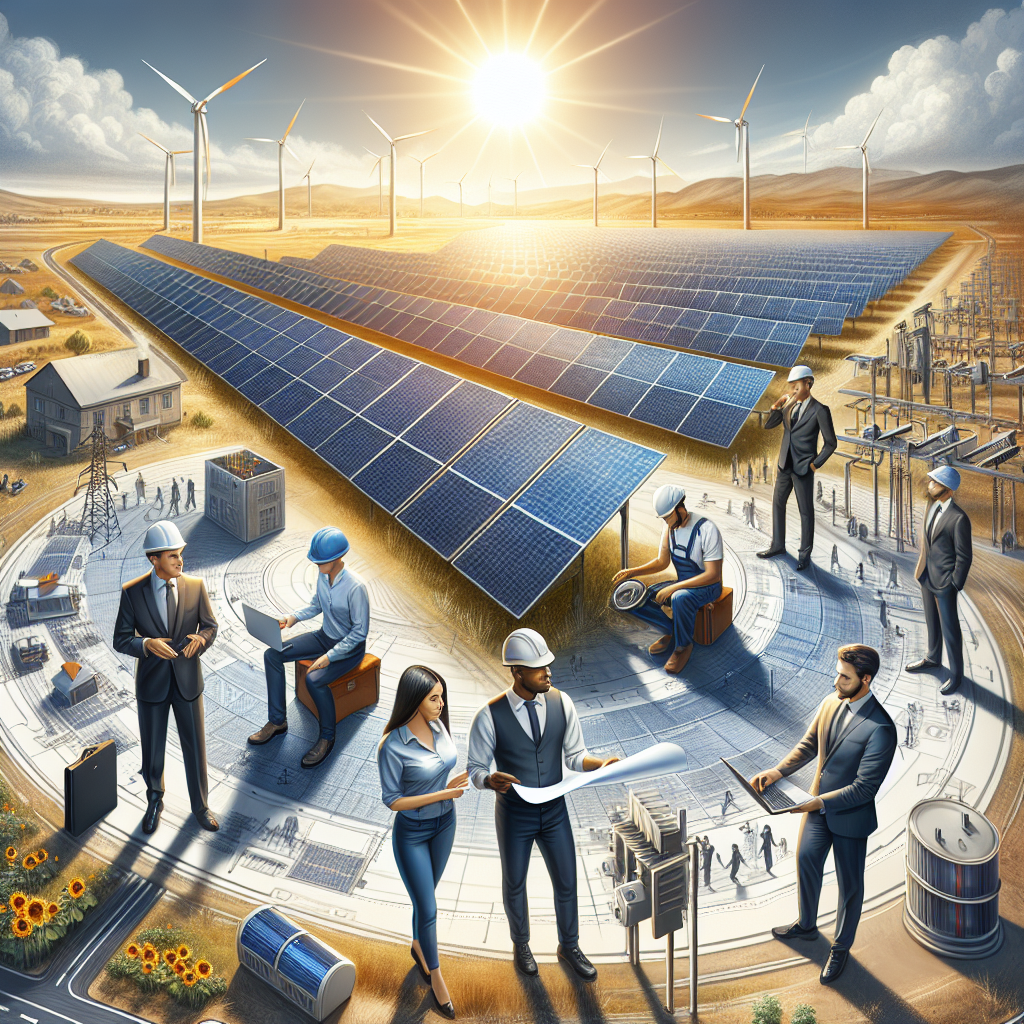World Bank Provides $3.5M for Uzbekistan’s Solar Power Project in Khorezm Region
The solar plant, which is set to begin operations in November 2025, will span 177 hectares and is expected to generate over 240 gigawatt-hours (GWh) of renewable electricity annually.

The World Bank has approved a $3.5 million financing package in the form of a payment guarantee to support Uzbekistan's transition to renewable energy. This guarantee will back the state-owned National Electric Grid of Uzbekistan (NEGU) in purchasing electricity from a new 100-megawatt (MW) solar power plant to be built by Voltalia, a French renewable energy company, in the Khorezm region.
The solar plant, which is set to begin operations in November 2025, will span 177 hectares and is expected to generate over 240 gigawatt-hours (GWh) of renewable electricity annually. The project will reduce CO₂ emissions by over 230,000 metric tons each year and supply clean energy to approximately 60,000 households. This development is a significant step toward Uzbekistan’s goal of expanding its renewable energy capacity and advancing its green economy, which is in line with the state program "Uzbekistan – 2030."
Supporting Uzbekistan’s Green Energy Goals
Tatiana Proskuryakova, World Bank Regional Director for Central Asia, highlighted the importance of renewable energy in Uzbekistan’s future. “The World Bank Group is committed to helping Uzbekistan meet its energy needs and expand its renewable energy capacity to 25 GW, covering 40% of the country’s electricity consumption by 2030,” she stated. “This solar power plant in Khorezm, supported by our payment guarantee, is a key milestone in diversifying the country’s renewable energy sector and attracting private sector investment.”
Financing Structure and Private Sector Involvement
Sarimay Foreign Enterprise LLC, a project company owned by Voltalia, will oversee the development, financing, construction, ownership, and operation of the solar power plant. The electricity generated by the plant will be sold to the National Electric Grid of Uzbekistan under a 25-year Power Purchase Agreement (PPA). The World Bank’s payment guarantee of up to $3.5 million will secure NEGU’s obligation to purchase electricity from Sarimay Foreign Enterprise LLC, ensuring financial stability for the project.
This guarantee has helped mobilize an additional $80 million in capital investment, including over $54 million from the European Bank for Reconstruction and Development (EBRD), further strengthening the financial foundation of the project.
Supporting Uzbekistan’s Renewable Energy Ambitions
The World Bank Group has been actively supporting Uzbekistan’s renewable energy transition since 2020. Through its payment guarantees, financing, technical assistance, and advisory services, the World Bank and the International Finance Corporation (IFC) have been instrumental in advancing several key renewable energy projects in Uzbekistan. These include the first 100 MW solar power plant in the Navoi region (operational since 2021), 440 MW of solar energy capacity in the Samarkand and Jizzakh regions (operational since 2024), and the first 500 MW wind power plant in the Navoi region (under construction).
One of the most significant upcoming projects is a 250 MW solar power plant in Bukhara, which will feature a 63 MW/126 MWh battery energy storage system (BESS). The BESS will be the first of its kind in Central Asia and globally, benefiting from a World Bank guarantee specifically for a BESS facility, marking another milestone in the region’s renewable energy sector.
Fostering a Sustainable Future
The World Bank’s involvement in Uzbekistan’s renewable energy projects is part of a broader strategy to reduce the country’s reliance on fossil fuels, improve energy access, and promote sustainability. By supporting both solar and wind energy initiatives, as well as integrating advanced energy storage technologies, the World Bank is helping Uzbekistan move towards a greener, more resilient energy future.
Uzbekistan’s energy transformation is also aligned with its broader development goals, as the country seeks to enhance energy security, create jobs, and reduce greenhouse gas emissions while meeting its growing energy demands. The financing of the Khorezm solar plant is a key element of this ongoing green transition, with significant long-term benefits for the environment, the economy, and local communities.
- READ MORE ON:
- Solar Power Project
- Uzbekistan
- Khorezm
- World Bank










